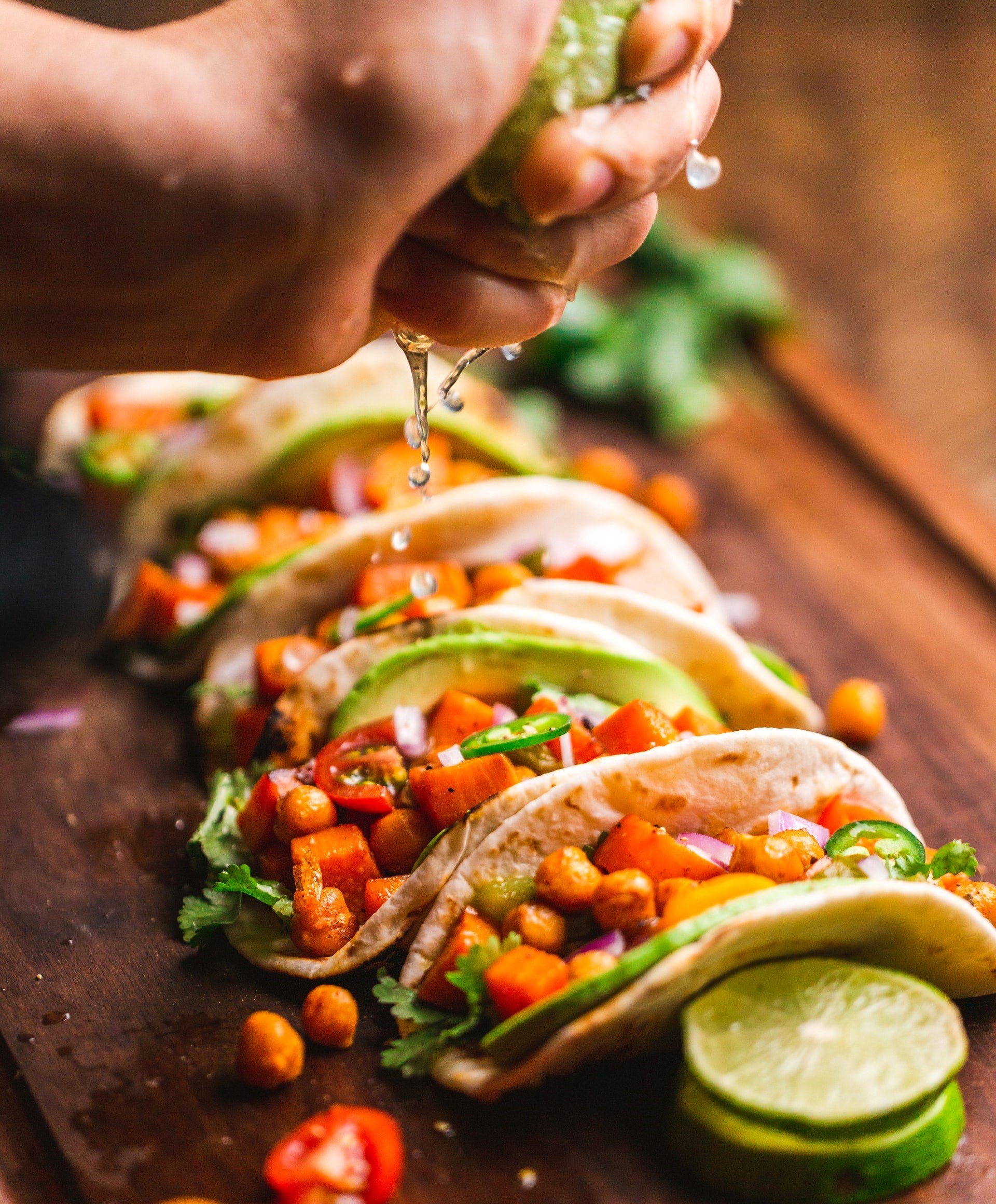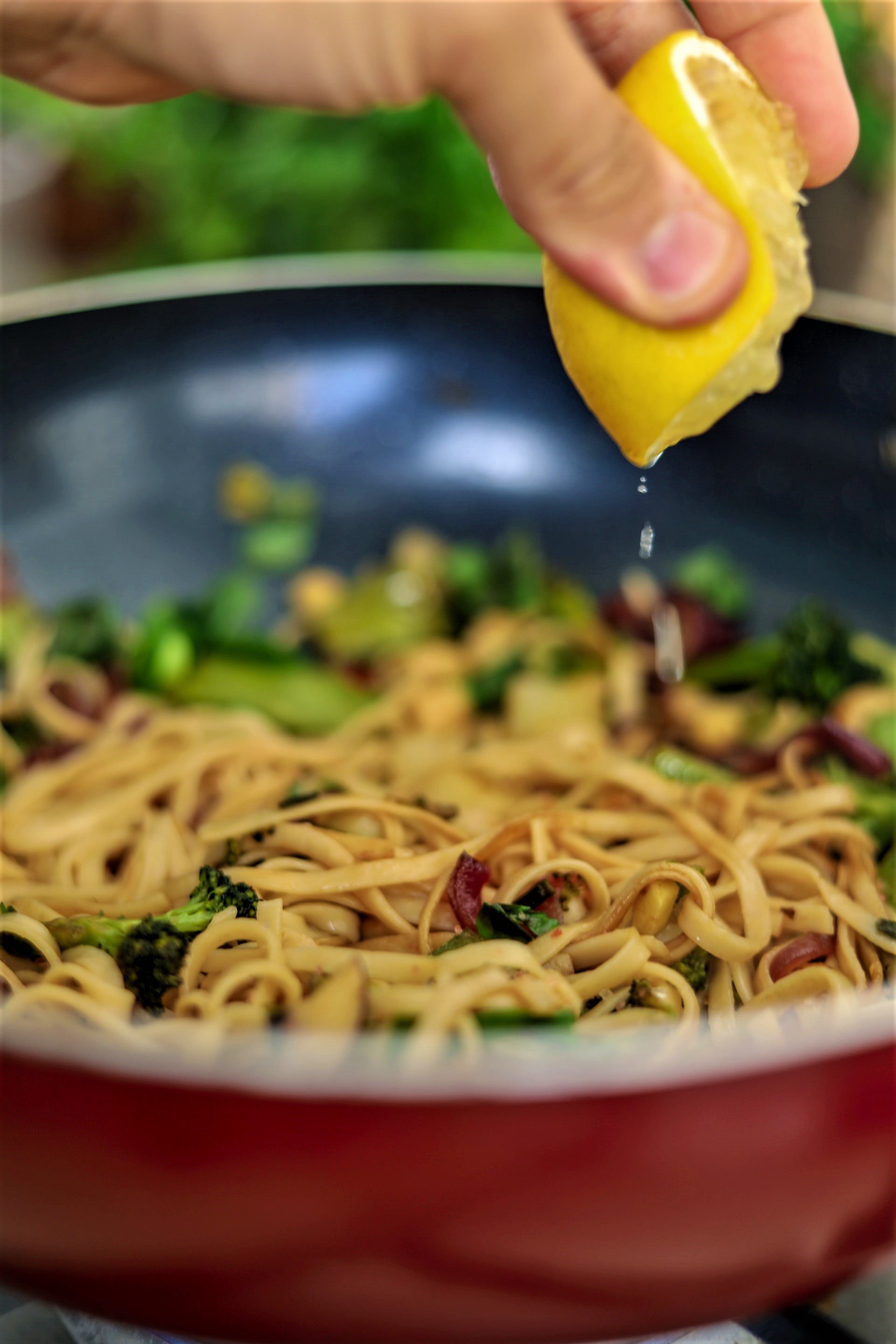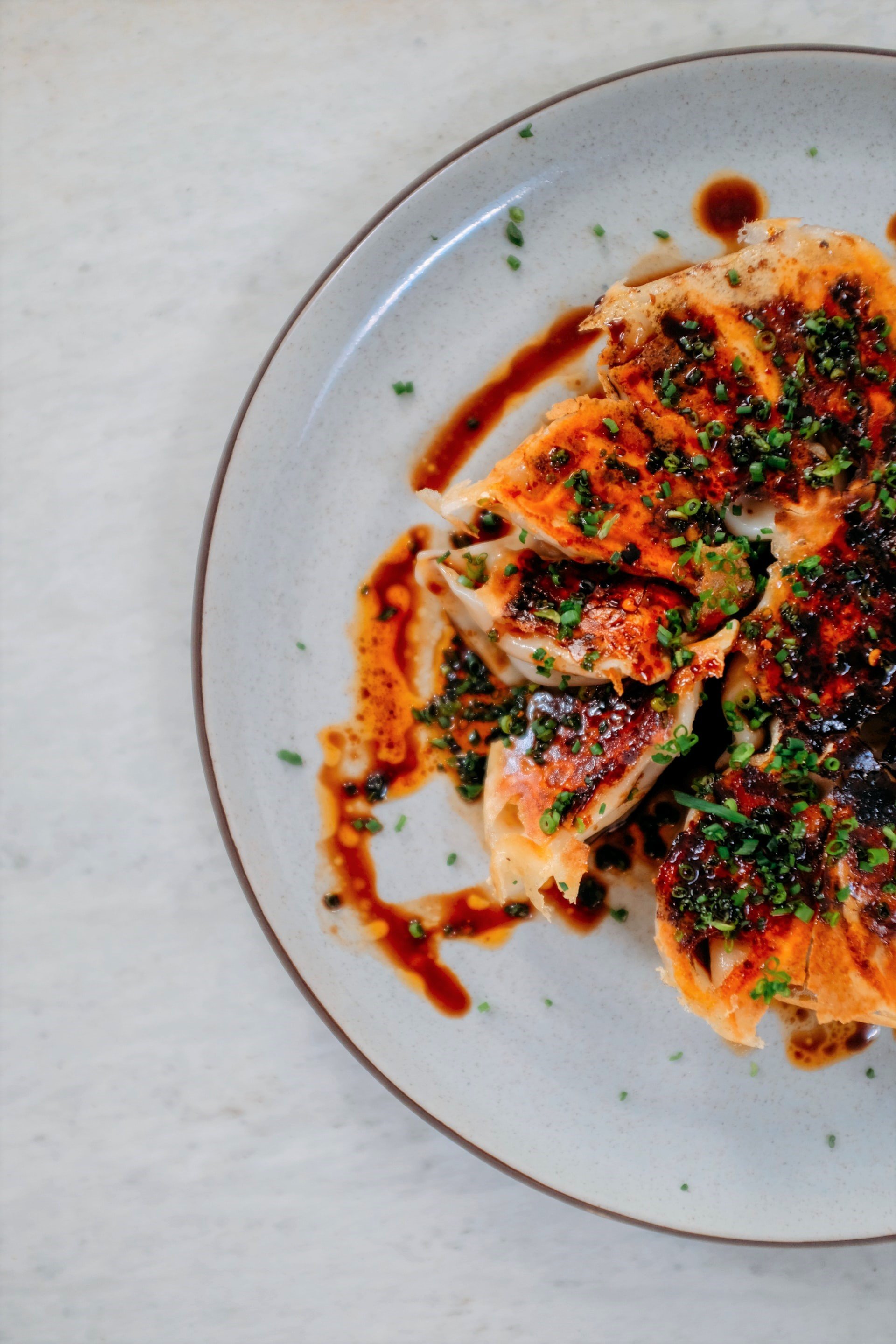By Jessica Scott-Reid
Jessica is a Canadian writer, animal advocate and plant-based food expert. Her work appears regularly in media across Canada and the US.
There are a few different ways to say it — flexitarian, reducitarian, plant-curious, vegan-ish — but they all refer to a way of eating that reduces the consumption of animal products and increases the intake of plant foods, including plant-based meat, dairy and egg alternatives. It’s a lifestyle that according to a 2020 Euromonitor survey, has been adopted by 40% of the global population. And according to a survey by research firm One Poll, 54% of Millennials in the US are now flexitarian.
It’s no wonder really, that those of us now roughly between 30 and 40 years-old, who grew up without smart phones and social media but who now live as adults completely immersed in the information age, would come to realize that we need to eat differently. After being raised on animal products as kids, we then saw the World Health Organization identify processed meat as a Class 1 carcinogen, right around the time we began making food choices for our own families.
We’ve witnessed firsthand the evolution of the acceptance of the climate crisis, and learned about the impact of animal farming on the environment, at a time when we could fully understand the problem. And we’ve seen the cruel truths of industrialized animal agriculture be revealed, at an age when we can actually do something about it. For so many Millennials, that action has been to reduce our intake of animal products.
“It’s about being open to making changes”
— Dan Johnson
There is no clear definition of how much one must reduce one’s consumption of animal-based foods to call oneself a flexitarian. The term, as it sounds, is based on flexibility. For Dan Johnson, 38, being flexitarian means, “I will probably pick meatless options over meat if the choice is there.” More generally, he says, “it’s about being open to making changes.” Johnson has been eating a reduced-meat diet for nearly two years, and says he was first inspired after meeting a friend’s pet pig, Pablo. “After seeing how smart and cute he was, pork was the first thing I decided to kick out of my life. I’m so thankful I made that decision.”
Since then, Johnson says he has lost 30lbs and is feeling better than ever. He has also learned a lot more about the impact that eating animal products has on the planet, and what that means for his family. “I have acknowledged the strain the meat industry has on our climate and resources. I want the best for my kids, and I want them to eat better.”
Dani Gagnon, 33, also points to concern for the environment and her love of animals as reasons why she reduced her intake of animal products five years ago. She points to simple changes that can make a big difference, “like consuming oat milk instead of dairy,” she says, “has let me feel like I’ve made an impact.” She adds that she also finds it fun to discover interesting ways to eat more plant-based, and feels she now has more energy.
“Flexitarians are more likely to try plant-focused meals and new plant-based meat alternatives, and this openness to a plant-forward dietary approach,” says registered dietician Nanci Guest, “provides more phytonutrients, fibre and less saturated fat to their diet.” Guest explains that culturally, “the sheer number of flexitarians, compared to vegetarians or vegans, support an overall shift in the acceptance and feasibility of designating plant-proteins as being central to our plates.”
But she also expresses worry, that while a flexitarian diet “may be the first step toward eating a diet that focuses on the inclusion of more plant foods,” it may also give those who ascribe to the very flexible diet, a false sense of impact. “Our brain likes to convince us that we are doing good, and we may find comfort and mitigation of guilt in labeling ourselves as flexitarian — but is this really resulting in meaningful change to our health, the planet and all its creatures?”
That is why for Johnson, being flexitarian is a transitionary move. “I love the way my body and mind feel with cutting down [on animal products] and living the way I do now, and I do hope and plan to eventually kick all animal products out. I have a hard time giving up a few things still, but I know I can do it, eventually.”
As the world comes to terms with the mounting evidence that we face a climate crisis, the environmental harms arising from factory farming and the health risks associated with eating animal products, younger generations are making conscious changes that are better for themselves and the world around them. At the individual level, opting for plant foods over animal foods can have a tremendous impact.
And as Guest points out, “considering we have almost 20,000 edible plants on Earth, reducing or eliminating the roughly 6-8 animal products we regularly consume isn’t really taking anything away, but instead opening our eyes to the endless culinary possibilities and to what we have to gain.”




